Blog
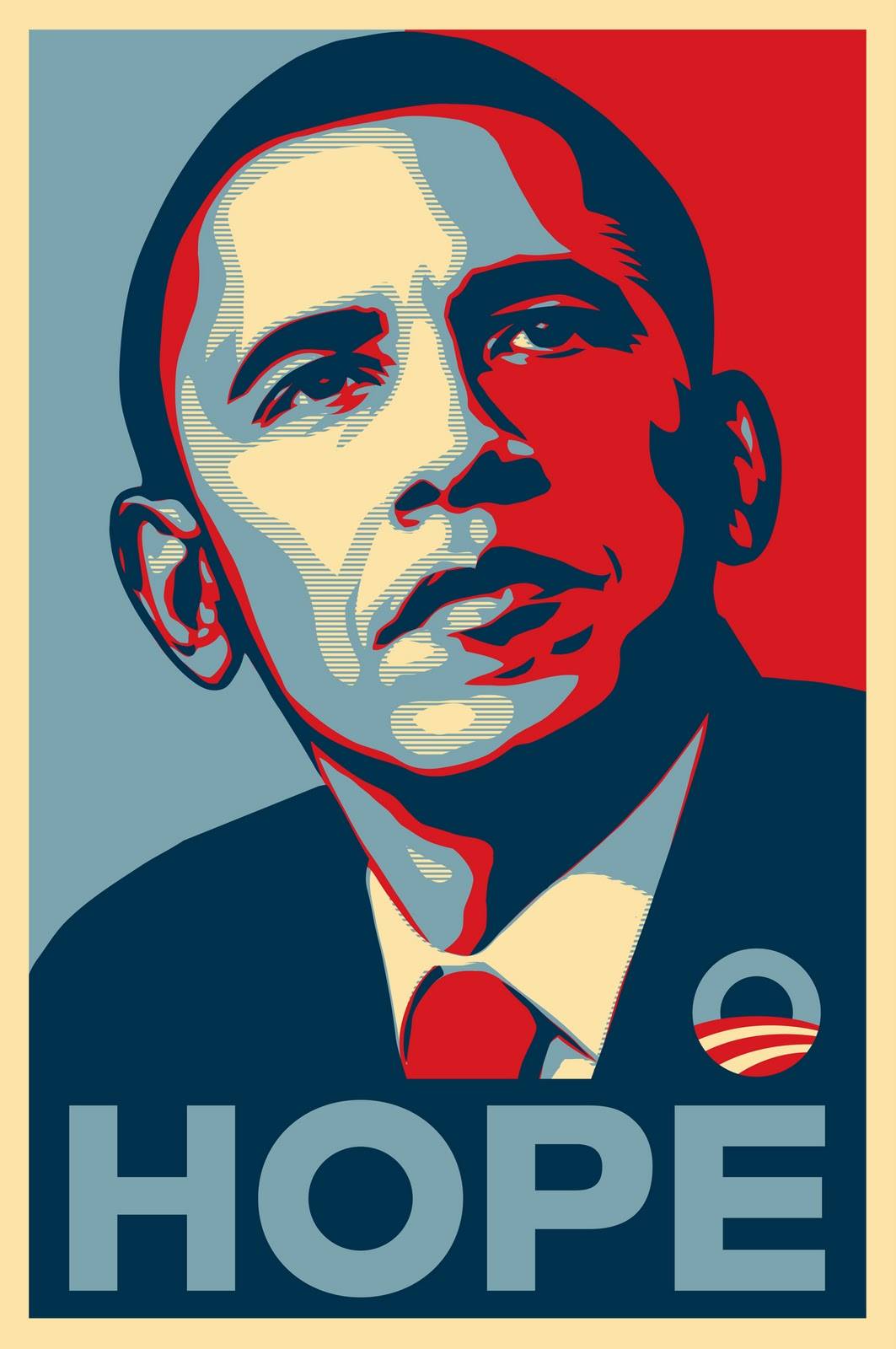
Bettye LaVette (born Betty Jo Haskins, January 29, 1946 Muskegon, MI) is an American soulsinger who made her first record at sixteen, but achieved only intermittent fame until 2005, when her album I’ve Got My Own Hell to Raise was released to widespread critical acclaim, and was named on many critics’ “Best of 2005” lists. Her next album, The Scene of the Crime, debuted at number one on Billboard‘s Top Blues Albums chart and was nominated for Best Contemporary Blues Album at the 2008 Grammy Awards. She received the Legacy of Americana Lifetime Achievement Award at the 2023 Americana Music Honors & Awards.
LaVette’s eclectic musical style combines elements of soul, blues, rock and roll, funk, gospel, and country music. In 2020, she was inducted into the Blues Hall of Fame.
more...Year of the Snake. In Chinese culture, the snake is a symbol of wisdom, intuition, and transformation.
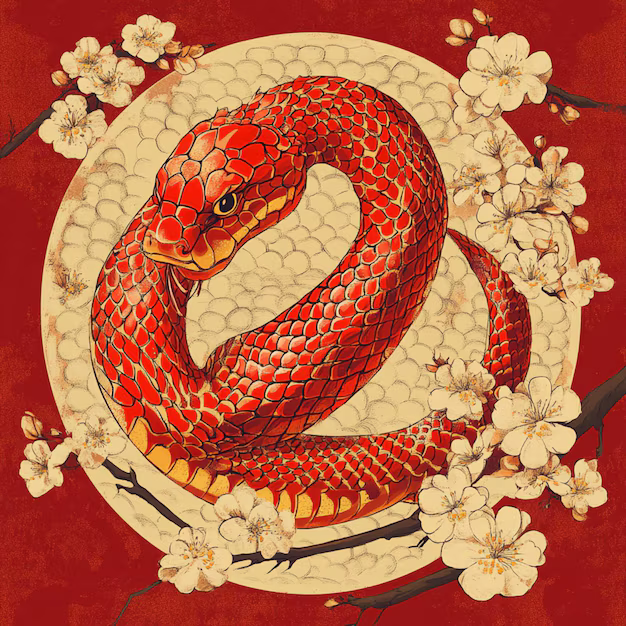
more...
NGC 3718, also called Arp 214, is a galaxy located approximately 52 million light years from Earth in the constellation Ursa Major. It is either a lenticular or spiral galaxy.
NGC 3718 exhibits a warped, S-shape similar to NGC 6872, possibly a result of gravitational interaction with NGC 3729, another spiral galaxy located 150,000 light-years away.
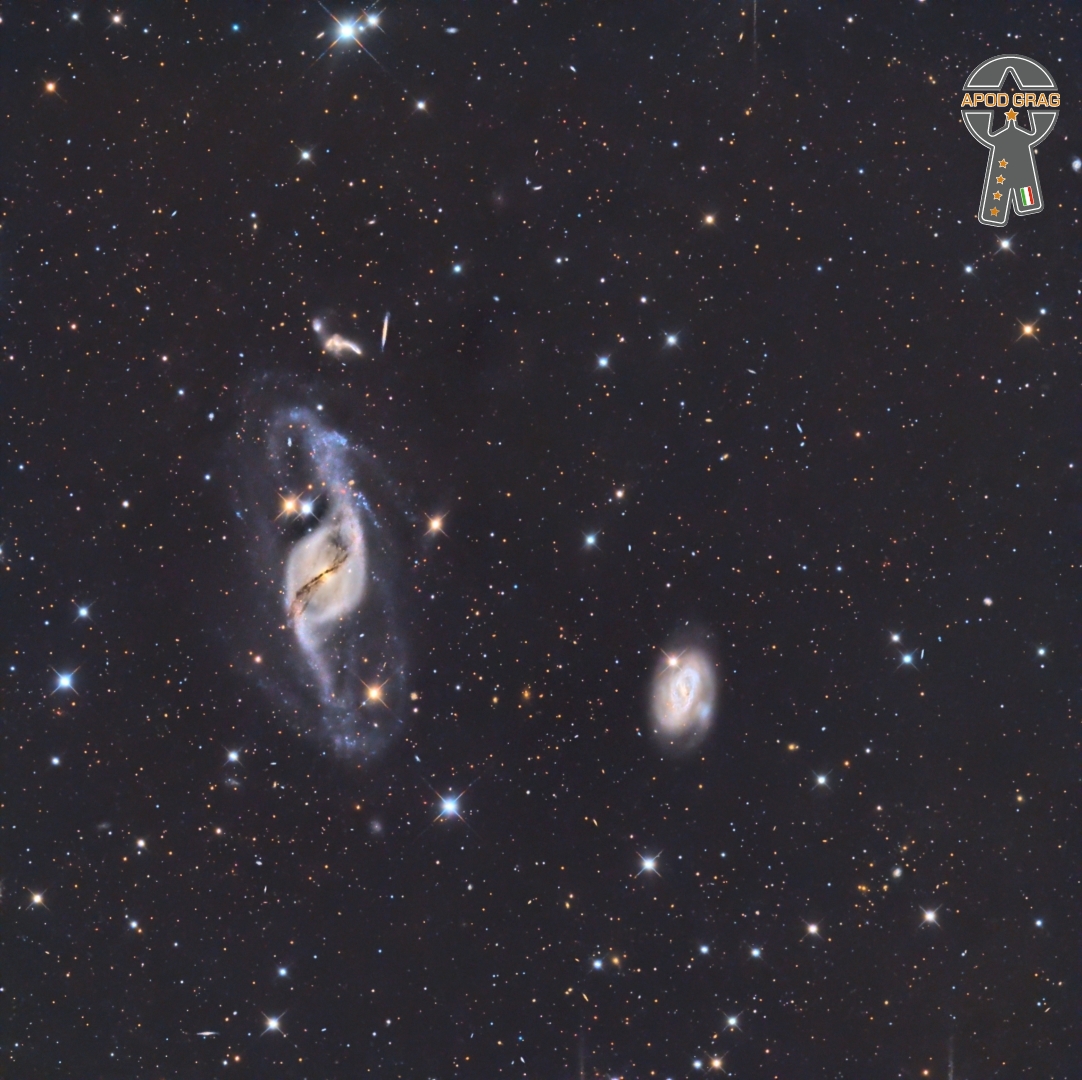
Beverly Kenney (January 29, 1932, Harrison, New Jersey – April 13, 1960, Greenwich Village, New York City) was an American jazz singer. Kenney attempted suicide twice and succeeded the third time ingesting a combination of alcohol and Seconal on April 12, 1960, in a one-room apartment in the University Residence Hotel located at 45 East 11th Street in Greenwich Village, Manhattan, New York.Her father, Charles J. Kenney, had dinner with her two nights earlier and said “everything seemed fine”. She died at age 28.
more...James Lee Jamerson (January 29, 1936 – August 2, 1983 Edisto Island, SC) was an American bassist. He was the uncredited bassist on most of the Motown Records hits in the 1960s and early 1970s (Motown did not list session musician credits on their releases until 1971), and is now regarded as one of the greatest and most influential bass players in modern music history. He was inducted into the Rock and Roll Hall of Famein 2000. As a session musician he played on twenty-three Billboard Hot 100 number-one hits, as well as fifty-six R&B number-one hits.
In its special issue “The 100 Greatest Bass Players” in 2017, Bass Player magazine ranked Jamerson number one and called him the most important and influential bass guitarist. In 2020, Rolling Stone magazine ranked Jamerson number one in its list of the 50 greatest bassists of all time.
Long troubled by alcoholism, Jamerson died of complications from cirrhosis, heart failure and pneumonia on August 2, 1983, in Los Angeles. He is interred at Detroit’s historic Woodlawn Cemetery.
more...Edwin Thomas “Ed” Shaughnessy (January 29, 1929 – May 24, 2013) was a swing music and jazz drummer long associated with Doc Severinsen and a member of The Tonight Show Band on The Tonight Show Starring Johnny Carson.
Shaughnessy was born in Jersey City, New Jersey and grew up in the New York Cityarea, working in the 1940s with George Shearing, Jack Teagarden, and Charlie Ventura. In the 1950s he worked in the Charlie Ventura, Benny Goodman and Tommy Dorseybands. In the 1960s he played for Count Basie prior to joining The Tonight Show Band. He was the drummer on Bashin’: The Unpredictable Jimmy Smith in 1962 which featured big band arrangements by Oliver Nelson, including the pop hit “Walk on the Wild Side” which peaked at #21 on the Billboard chart. Shaughnessy recorded extensively throughout his career and was known for his drum competitions with Buddy Rich.
Although best known as a big band drummer, Shaughnessy also performed small group work with Gene Ammons, Roy Eldridge, Billie Holiday, Mundell Lowe, Teo Macero, Charles Mingus, Shirley Scott, Jack Sheldon, Horace Silver, and many others. For several years Shaughnessy was a member of the house band at Birdland and other New York clubs. In the early 1970s he was doing similar work in Los Angeles and is credited with discovering Diane Schuur, whom he introduced at the 1976 Monterey Jazz Festival. Shaughnessy played in an early incarnation of the “Sesame Street” orchestra along with percussionist Danny Epstein, reed player Wally Kane, and, on occasion, guitarist Bucky Pizzarelli.
more...HFG1 (Heckathorn-Fesen-Gull 1) is a planetary nebula located in the constellation of Cassiopeia, approximately 2,000 light-years from Earth. This object features an expanding shell of gas ejected by a dying star, interacting with the surrounding interstellar medium.
At the core of HFG1 lies the binary system V664 Cas, which consists of a white dwarf and its companion star. The system is moving rapidly through space at an estimated velocity of 29 km/s. This high-speed motion results in a distinctive bow shock at the leading edge of the nebula and a trailing wake of ejected material stretching behind it.
In addition to HFG1, the image also features a smaller, bubble-like nebula nearby, known as Abell 6, another planetary nebula located in the same region.
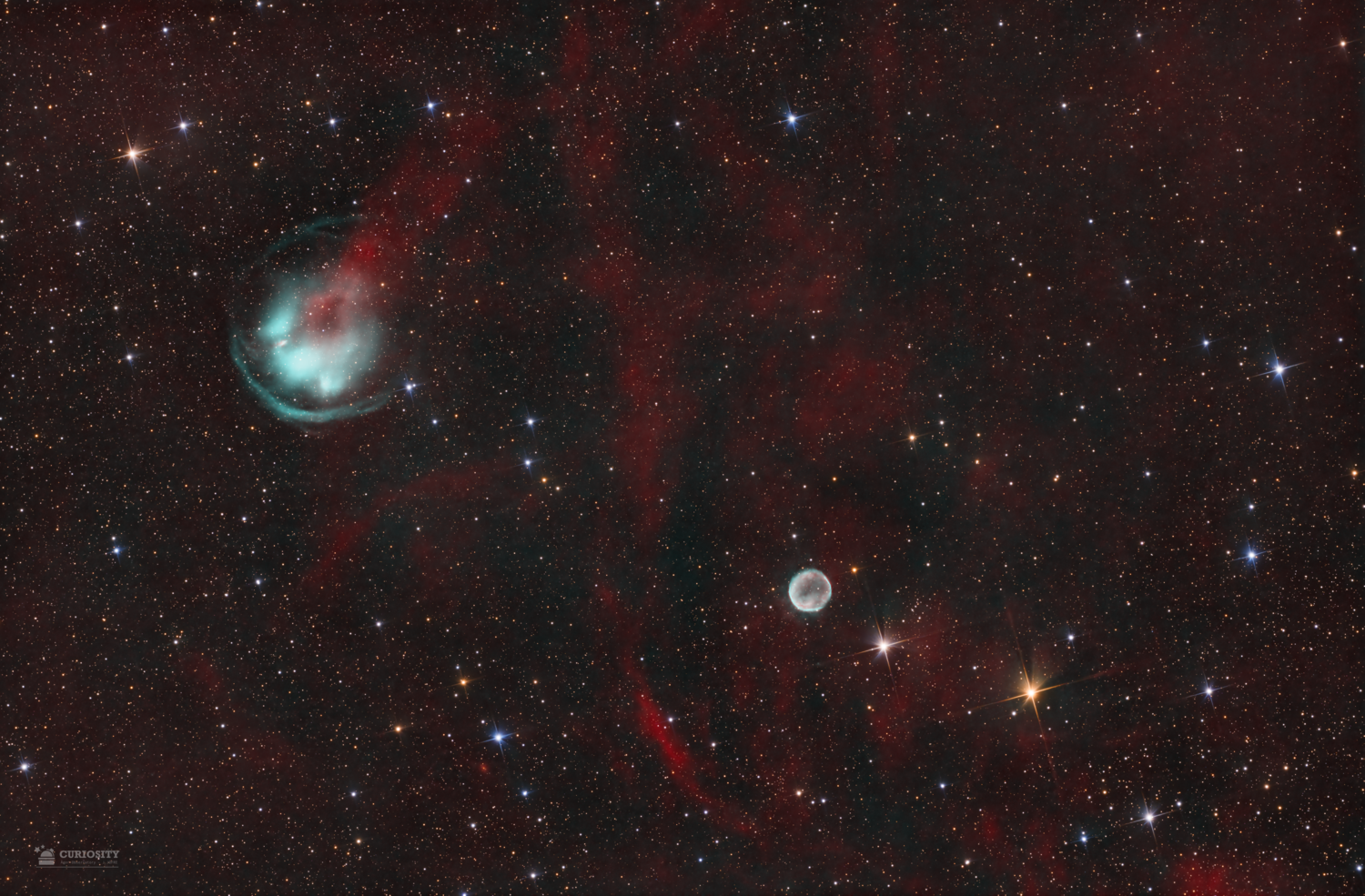
Osbourne Ruddock (28 January 1941 – 6 February 1989), better known as King Tubby, was a Jamaican sound engineer who influenced the development of dub musicin the 1960s and 1970s.
Tubby’s studio work, in which as a mixing engineer he achieved creative fame previously only reserved for composers and musicians, was influential across many genres of popular music. He is often cited as the inventor of the concept of the remixthat later became ubiquitous in dance and electronic music production. Singer Mikey Dread stated, “King Tubby truly understood sound in a scientific sense. He knew how the circuits worked and what the electrons did. That’s why he could do what he did.
King Tubby was shot dead on 6 February 1989, outside his home in Duhaney Park, Kingston, upon returning from a session at his Waterhouse studio. His death was believed to be the outcome of a robbery.
more...Ronnie Scott OBE (born Ronald Schatt; 28 January 1927 – 23 December 1996) was a British jazz tenor saxophonist and jazz club owner. He co-founded Ronnie Scott’s Jazz Club in London’s Soho district, one of the world’s most popular jazz clubs, in 1959.
more...John Towner Williams (born February 8, 1932 NY) is an American composer and conductor. In a career that has spanned seven decades, he has composed some of the most popular, recognizable, and critically acclaimed film scores in cinema history. He has a distinct sound that mixes romanticism, impressionism and atonal music with complex orchestration. He is best known for his collaborations with Steven Spielbergand George Lucas and has received numerous accolades including 26 Grammy Awards, five Academy Awards, seven BAFTA Awards, three Emmy Awards and four Golden Globe Awards. With 54 Academy Award nominations, he is the second-most nominated person, after Walt Disney, and is the oldest Oscar nominee in any category, at 92 years old.
Williams’s early work as a film composer includes Valley of the Dolls (1967), Goodbye, Mr. Chips (1969), Images and The Cowboys (both 1972), The Long Goodbye (1973) and The Towering Inferno (1974). He has collaborated with Spielberg since The Sugarland Express (1974), composing music for all but five of his feature films. He received five Academy Awards for Best Score for Fiddler on the Roof (1971), Jaws(1975), Star Wars (1977), E.T. the Extra-Terrestrial (1982) and Schindler’s List (1993). Other memorable collaborations with Spielberg include Close Encounters of the Third Kind (1977), the Indiana Jones franchise (1981–2023), Hook (1991), Jurassic Park(1993), Saving Private Ryan (1998), Catch Me If You Can (2002), War Horse (2011), Lincoln (2012), and The Fabelmans (2022). He also scored Superman (1978), the first two Home Alone films (1990–1992), and the first three Harry Potter films (2001–2004).
Williams has also composed numerous classical concertos and other works for orchestral ensembles and solo instruments. He served as the Boston Pops‘ principal conductor from 1980 to 1993 and is its laureate conductor. Other works by Williams include theme music for the 1984 Summer Olympic Games; NBC Sunday Night Football; “The Mission” theme (used by NBC News and Seven News in Australia); the television series Lost in Space, Land of the Giants and Amazing Stories.
Among other accolades, he has received the Kennedy Center Honor in 2004, the National Medal of the Arts in 2009 and the AFI Life Achievement Award in 2016. He was inducted into the Songwriters Hall of Famein 1998, the Hollywood Bowl‘s Hall of Fame in 2000 and the American Classical Music Hall of Fame in 2004. He has composed the score for nine of the top 25 highest-grossing films at the U.S. box office. In 2022, Williams was appointed an Honorary Knight Commander of the Order of the British Empire (KBE) by Queen Elizabeth II, “for services to film music”. In 2005, the American Film Institute placed Williams’s score to Star Wars first on its list AFI’s 100 Years of Film Scores; his scores for Jaws and E.T. also made the list. The Library of Congress entered the Star Wars soundtrack into the National Recording Registry for being “culturally, historically, or aesthetically significant”.
more...The ceremony will be held on 27 January 2025 in the United Nations General Assembly Hall, under the theme “Holocaust Remembrance for Dignity and Human Rights“.

The subject of this NASA/ESA Hubble Space Telescope Picture of the Week is a supernova-hosting galaxy located about 600 million light-years away in the constellation Gemini. This picture was taken roughly two months after a supernova named SN 2022aajn was discovered in this galaxy. The supernova is visible as a blue dot at the centre of the image, brightening the hazy body of the galaxy.
Other than the announcement of its discovery in November 2022, SN 2022aajn has never been the subject of published research. Why, then, would Hubble observe this supernova? SN 2022aajn is what’s known as a Type Ia supernova, which results from the explosion of the core of a dead star. Supernovae of this type help astronomers measure the distance to faraway galaxies. This is possible because Type Ia supernovae are thought to be of the same intrinsic luminosity — no matter how bright they seem from Earth, they put out the same amount of light as other Type Ia supernovae. Thus, by comparing the observed brightness to the expected brightness, researchers can calculate the distance to the supernova and its host galaxy.
This seemingly simple measurement method is complicated by cosmic dust. The farther away a supernova is, the fainter and redder it will appear — but intergalactic dust can make a supernova appear fainter and redder as well. To understand this complication, researchers will use Hubble to survey a total of 100 Type Ia supernovae in seven wavelength bands from the ultraviolet to the near-infrared. This image combines data taken at four infrared wavelengths. Infrared light passes through dust more easily than visible or ultraviolet light. By comparing the brightness of the sampled supernovae across different wavelengths, researchers can disentangle the effects of dust and distance, helping to improve measurements of galaxies billions of light-years away and even the expansion of our Universe.
[Image Description: In the exact centre a supernova is seen as a small but bright blue dot. It lies atop the outer disc of a hazy-looking galaxy, which has a somewhat warped shape. Around this are a number of much more minor galaxies visible as glowing discs, and some points of light that are stars near to us, on a black background. X-shaped spikes around each star are optical artefacts from the telescope.]
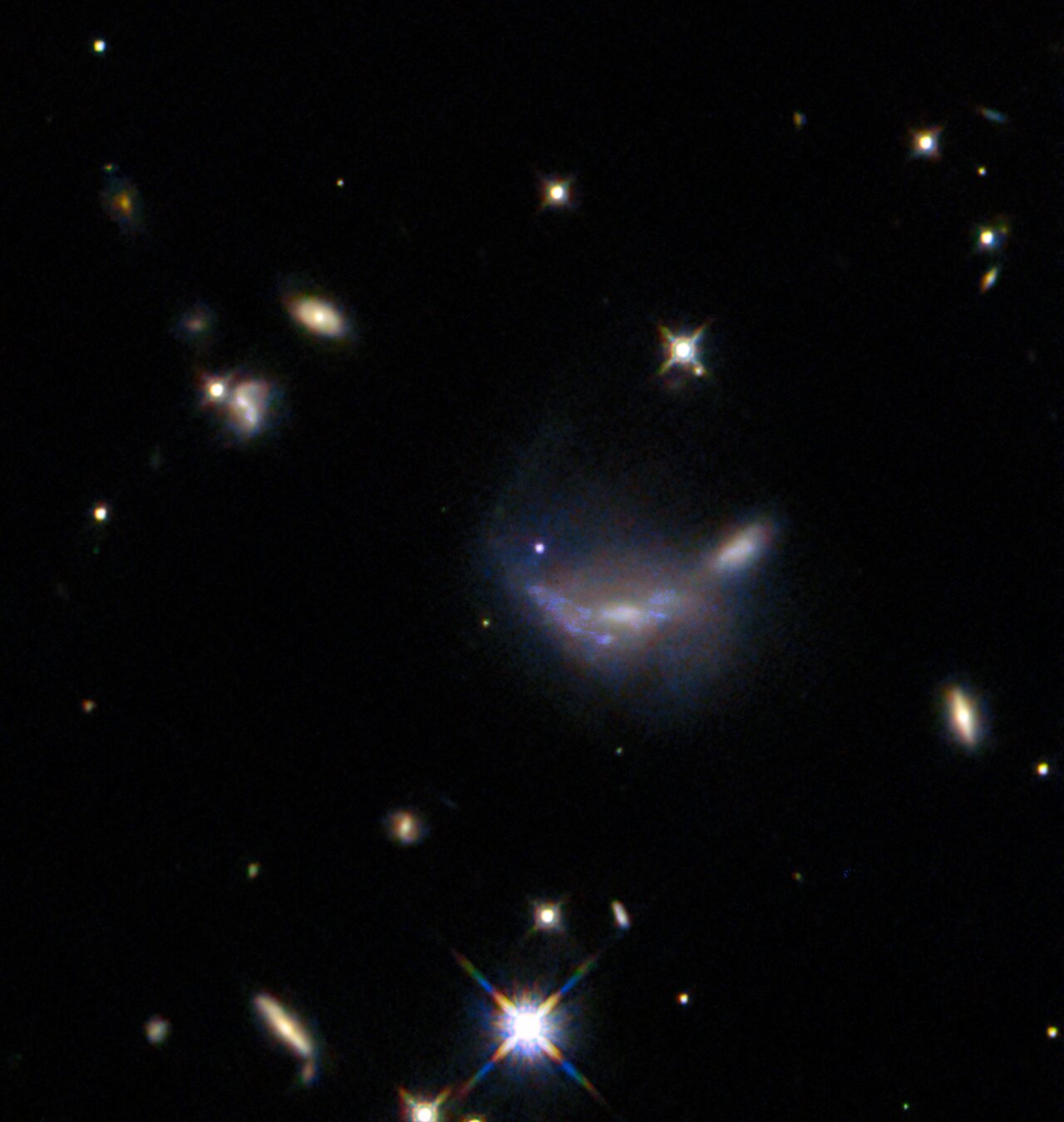
more...
Wolfgang Amadeus Mozart (27 January 1756 – 5 December 1791) was a prolific and influential composer of the Classical period. Despite his short life, his rapid pace of composition and proficiency from an early age resulted in more than 800 worksrepresenting virtually every Western classical genre of his time. Many of these compositions are acknowledged as pinnacles of the symphonic, concertante, chamber, operatic, and choral repertoire. Mozart is widely regarded as one of the greatest composers in the history of Western music, with his music admired for its “melodic beauty, its formal elegance and its richness of harmony and texture”.
Born in Salzburg, Mozart showed prodigious ability from his earliest childhood. At age five, he was already competent on keyboard and violin, had begun to compose, and performed before European royalty. His father took him on a grand tour of Europe and then three trips to Italy. At 17, he was a musician at the Salzburg court but grew restless and travelled in search of a better position. Mozart’s search for employment led to positions in Paris, Mannheim, Munich, and again in Salzburg, during which he wrote his five violin concertos, Sinfonia Concertante, and Concerto for Flute and Harp, as well as sacred pieces and masses, the motet Exsultate Jubilate, and the opera Idomeneo,among other works.
While visiting Vienna in 1781, Mozart was dismissed from his Salzburg position. He stayed in Vienna, where he achieved fame but little financial security. During Mozart’s early years in Vienna, he produced several notable works, such as the opera Die Entführung aus dem Serail, the Great Mass in C minor, the “Haydn” Quartets and a number of symphonies. Throughout his Vienna years, Mozart composed over a dozen piano concertos, many considered some of his greatest achievements. In the final years of his life, Mozart wrote many of his best-known works, including his last three symphonies, culminating in the Jupiter Symphony, the serenade Eine kleine Nachtmusik, his Clarinet Concerto, the four operas The Marriage of Figaro, Don Giovanni, Così fan tutte and The Magic Flute and his Requiem. The Requiem was largely unfinished at the time of his death at age 35, the circumstances of which are uncertain and much mythologised.
I. Allegro; sonata-allegro G-major 0:00 – 8:44 II. Romanza, andante C major 8:45 – 15:00 III. Alegretto; minuet and trio G-major 15:00 – 17:15 IV. Allegro; sonata-rondo G-major 17:15 – end
more...Robert Hutcherson (January 27, 1941 – August 15, 2016 LA,CA) was an American jazzvibraphone and marimba player. “Little B’s Poem”, from the 1966 Blue Note album Components, is one of his best-known compositions. Hutcherson influenced younger vibraphonists including Steve Nelson, Joe Locke, and Stefon Harris.
He made his recording debut on August 3, 1960, cutting two songs for a 7-inch single with the Les McCann trio for Pacific Jazz (released in 1961), followed by the LP Groovin’ Blue with the Curtis Amy-Frank Butler sextet on December 10 (also released by Pacific Jazz in 1961). In January 1962, Hutcherson joined the Billy Mitchell–Al Grey group for dates at The Jazz Workshop in San Francisco and Birdland in New York City (opposite Art Blakey). After touring with the Mitchell–Grey group for a year, Hutcherson settled in New York City (on 165th street in The Bronx) where he worked part-time as a taxi driver, before fully entering the jazz scene via his childhood friend, bassist Herbie Lewis.
more...Elmore James (Brooks; January 27, 1918 – May 24, 1963 Richland, Holmes County, MS) was an American blues guitarist, singer, songwriter, and bandleader. Noted for his use of loud amplification and his stirring voice, James was inducted into the Rock and Roll Hall of Fame in 1992. His slide guitar technique earned him the nickname “King of the Slide Guitar”.
He began recording with Trumpet Records in nearby Jackson in January 1951, first as a sideman again for Sonny Boy Williamson II and for their mutual friend Willie Love and possibly others. He made his debut as a session leader in August that year recording a Robert Johnson composition, “Dust My Broom“, which was a surprise R&B hit in 1952. His backing musicians became known as the Broomdusters.
James broke his contract with Trumpet Records to sign with the Bihari brothers through their scout Ike Turner, who played guitar and piano on a couple of his early Bihari recordings. His “I Believe” was a hit a year later. During the 1950s he recorded for the Bihari brothers’ Flair Records, Meteor Records, and Modern Records; he also recorded for Chess Records and Mel London‘s Chief Records. He played lead guitar on Big Joe Turner‘s 1954 top 10 R&B hit “TV Mama”.
more...More Posts
- Lalo Schifrin
- Skip James Day
- World Music with Alekos K. Vretos
- Daily Roots with Ijahman Levy
- The Cosmos with M16
- Eric Dolphy Day
- Lazy Lester Day
- World Music with Obo Addy
- Daily Roots with Bob Marley
- The Cosmos with Fleming 1
- Ernest Ranglin Day
- Billy Drummond Day
- World Music with Lela Tataraidze
- Daily Roots with the Skatalites
- The Cosmos with NGC 6872 & IC 4970
- Paul McCartney Day
- William Hooker Day
- Rudy Rutherford Day
- World Fusion with Manika Kaur
- Daily Roots with the Congos